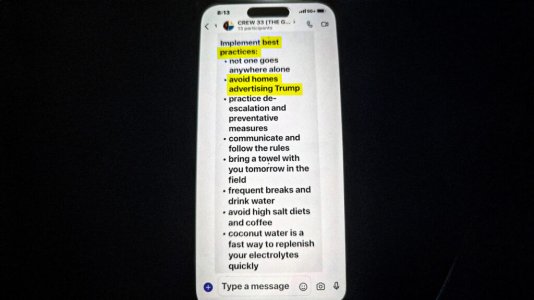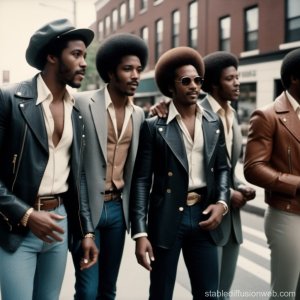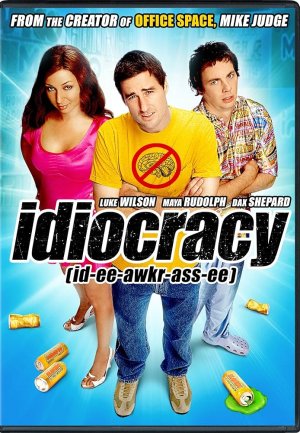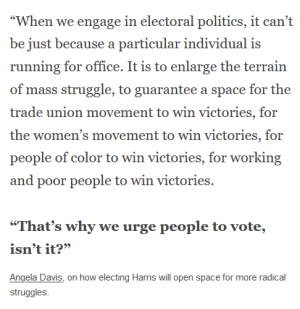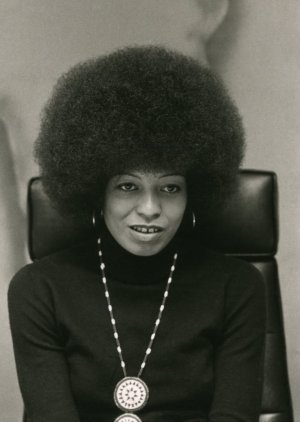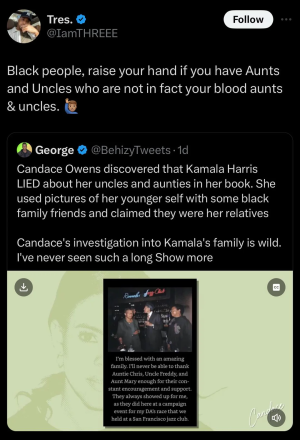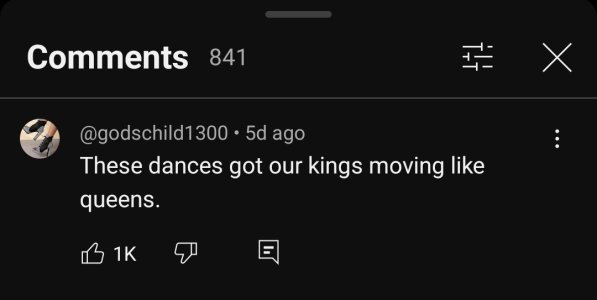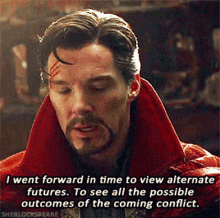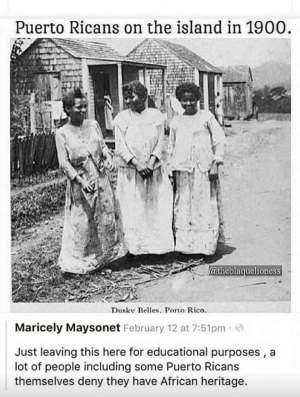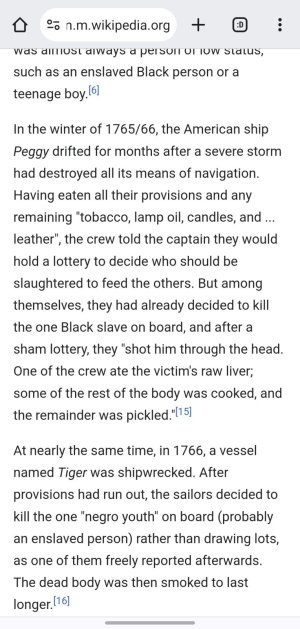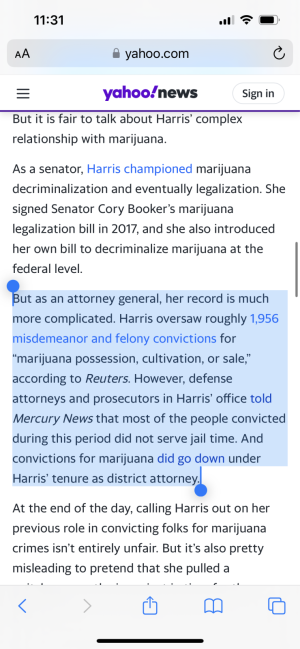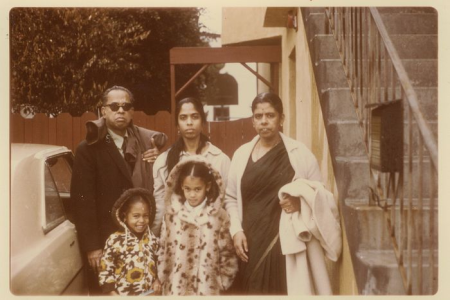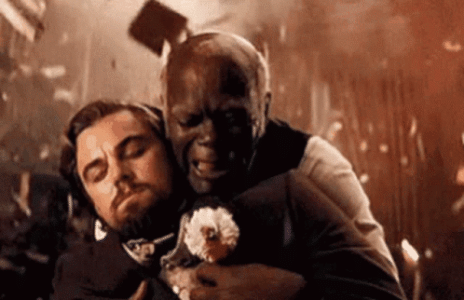NEW XADE, Botswana - The San people in Botswana, ordered to leave land in the Kalahari desert that their ancestors had inhabited since time immemorial, suspect the authorities want to make room for diamond mines.
The government says it wants to integrate the hunter-gatherers into modern society.
At the resettlement camp for the San at New Xade, west of Botswana's Central Kalahari Game Reserve, the only bar fills up in the afternoon.
Customers play cards in the yard. One of them tries to tune-in an old radio for music.
Some people are already so drunk they can barely stand.
Empty beer cans litter the sand.
"Everyone drinks in New Xade," barmaid Kgomotsego Lobelo said from behind the counter in the bare concrete room, with bottles ranged neatly on shelves.
"Even I drink. There is nothing else to do."
More than 3,000 San people, also known as the Basarwa, were moved from villages inside the game reserve in the Kalahari desert to three resettlement camps between 1997 and 2002.
The government says it wants to provide southern Africa's oldest ethnic group, regarded by many Botswanans as "primitive", with modern services.
The San, though, believe the real reason for the resettlement lies in the development of tourism in the game reserve, and in the discovery of diamonds there in the 1980s.
Mining is thought to have been postponed in order to first exhaust other mines in the country and keep prices high, because diamonds make up 80 per cent of Botswana's export income.
A first mine started operating in Gope in the south-east of the game reserve in September.
The operating company, Gem Diamonds, estimates it contains deposits worth 4.9 billion dollars.
Activists suspect the government wants to prevent the San from claiming royalties for diamonds found on their ancestral land.
"Officials initially told us we could not coexist with wild animals and mines in the area," said Roy Sesana, 85.
A government spokesman said there were restrictions on human activities in the game park, such as a hunting ban, but denied the resettlement had anything to do with diamonds.
It would not have been necessary to move people because of mines, and royalties were not an issue, because "natural resources belong to the state," he said.
A spokeswoman for Gem Diamonds said San people interested in job opportunities had accepted the opening of the mine.
The government compensated the San for moving to New Xade.
"I was given 59,900 pula (6,6430 dollars) and my wife was given five cows," said Xamme Gaothobogwe, 58.
Despite such offers, many of the people did not want to leave villages near which their ancestors lie buried.
"My wife was moved to New Xade in 2001, while I was away," Sesana said.
"I took her back to our village, but officials took our goats and police beat me."
"My elderly mother ran away from soldiers trying to force us to move, fell exhausted, and died of shock," said Mmolawa Belesa, 56.
The lobby group Survival International says it has documented more than 200 cases of the abuse of San men and women between 1992 and 2014, including torture leading to death.
Many of them were accused of hunting protected animals.
"We cannot say there were never any cases of abuse, but most such charges were false," the government spokesman said.
At New Xade, the 1,500 residents have a school, a health centre and shops.
But there are few edible wild plants and the hunting ban was extended from game reserves to the entire country in January, depriving the Bushmen of the hunter-gatherer lifestyle they still partly rely on.
The resettlement camp has few jobs and most of the residents live on government handouts.
Some - mainly teachers and nurses - have modern housing, while others live in traditional grass huts.
"If we cannot return to our ancestral lands, there will soon be no San people left in Botswana," activist Jumanda Gakelebone said.
But San people living in the resettlement camp also appreciate the advantages there.
"My sick father can get treatment here," Belesa said.
In 2006, Botswana's Supreme Court ruled that the San had the right to live on their ancestral land.
The government interpreted that as meaning that only the ones who had signed the court petition - less than 200 - were allowed to return.
Roy Sesana was one of them. He now splits his time between New Xade and Molapo, one of the villages that were re-established.
Activists say the government is trying to drive the San back to resettlement camps.
Their relatives are not allowed to visit them without permits, and residents are dependent on rainwater and juice from melons.
"Nobody may enter the game reserve without permits, including tourists," the government spokesman said, adding that it would not be "economical" to transport water to the few San people now living there.
In 2011, the Court of Appeal ruled the San had the right to water.
The government has allowed Gem Diamonds to sink some boreholes for them, but it has otherwise ignored the ruling, their lawyer Gordon Bennett said.
"They want us out of here," Molapo resident Kesebonye Roy said.









